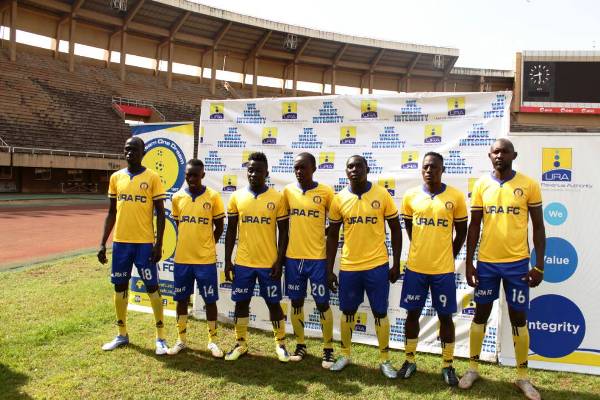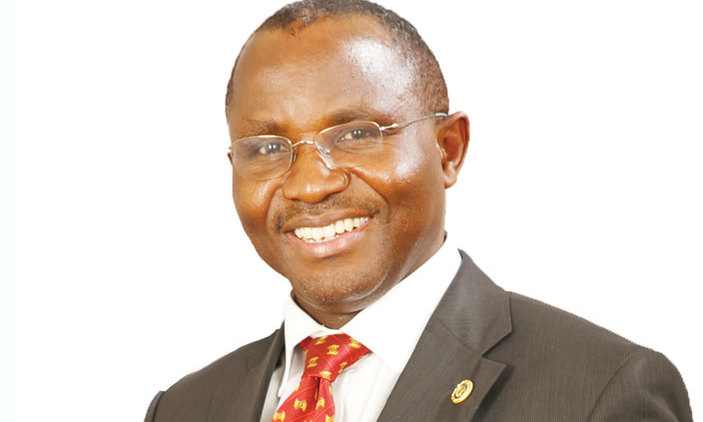President Yoweri Museveni wants Ministry of Energy to look for a cheaper alternative of power distribution, a move that may see Umeme’s contract not renewed.
The President is accusing the South African based company of colluding with officials from the Energy Ministry to inflate its operation costs, which trickles down to hiked end user prices.
In a letter dated March 13, 2018, Museveni tasked Minister Irene Muloni to explain to him how Umeme’s technical losses still remain as high as 17% yet the company claims to have invested up to $500million in distribution infrastructure to address this problem.
“There should be no question of renewing Umeme’s concession. Let us look for a cheaper way of modernizing and expanding the transmission and distribution lines,” Museveni said. This directive comes at a time when Umeme says it plans another &1.5billion in distribution infrastructure.
Poorly Negotiated Deal
But how bad is the Umeme contract?
Business Focus reveals the unfair clauses in the contract that have become a thorn in the lives of many Ugandans.
If there is any deal that has been negotiated badly on earth, it is a concession between Umeme and Uganda government to manage power distribution in 2005.
The 20 year concession, which was condemned by whistle blowers and investigated by Parliament – with recommendations for its termination – is due for renewal in March 2025.
Former Permanent Secretary at Ministry of Energy, Kabagambe Kaliisa was at the center of negotiations of this bad deal.
Among the mind blowing clauses of the concession that put Uganda in a tight corner include;
The Government is obliged to pay 120% of the total Umeme investment should the government initiate termination of the contract.
On the other hand, in case Umeme chooses to initiate the termination of the contract, the Government is still obliged to pay 80% of the total Umeme investment. What a deal!
It was also agreed that in the event of natural termination of the contract, government would have to pay 105% of the amount Umeme invested at the time of termination, which would be over Shs294bn.
Natural termination of the contract is when the contract expires and the contractor (Umeme) claims they have not recouped their total investments.
The agreement also reveals that in case of termination of the contract due to circumstances beyond the control of both parties (Force Majeure), government pays 90% of the invested money.
This would be not less than Shs252bn. Such circumstances include war, riot, strike, crime, flooding or earthquake or volcanic eruptions.
The contract also obliges the Government to pay an interest of 20% per annum of any outstanding portion of the buyout amount should 91 days elapse after the termination date until it clears the money in full.
The other clauses that gave Umeme a blank cheque are Section 2.1 (U) (ii) of the Lease and Assignment Agreement, which states that should Umeme be indebted to, say its Ugandan shareholders by the time of terminating the agreement, the government will either pay off or cancel the debt(s).
Section 9.5 of the Support Agreement removes the immunity of the government from claiming its assets in case Umeme brought any legal proceedings against it.
President Museveni has always asked himself; was it a conspiracy or the negotiators were high on something? How can a sensible person accept such a too raw a deal on behalf of the government?
The contract is heavily skewed in Umeme’s favour, a thing that has made it very hard for Parliament to terminate the distributor’s concession despite the fact that it has become a pain in the lives of Ugandans.
During the agreement, former Finance Minister Gerald Sendaula signed on behalf of the Government, Irene Muloni, the current Energy Minister signed for Uganda Electricity Distribution Company Ltd (UEDCL) as the managing director, while former director David Grills signed on behalf of Umeme.
Umeme took over power distribution from UEDCL on March 1, 2005.







A well researched article